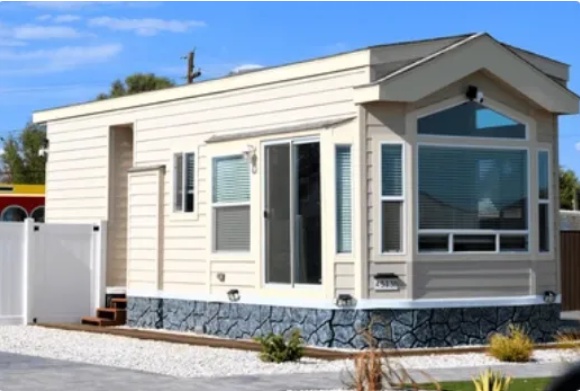In the realm of modern housing solutions, Accessory Dwelling Units (ADUs) stand out as innovative and versatile options. These auxiliary living spaces offer homeowners a myriad of benefits, from increased property value to flexible living arrangements. Let’s delve into the meaning and potential of ADUs to fully grasp their significance in today’s real estate landscape.
Defining Accessory Dwelling Units:
What Are Accessory Dwelling Units?
Accessory Dwelling Units (ADUs), also known as granny flats, in-law suites, or backyard cottages, are self-contained living units built on the same grounds as single-family homes. They can be attached to the main dwelling, such as a converted basement or garage, or built as separate structures like standalone cottages or apartments.
Understanding the Purpose:
Why Are ADUs Built?
ADUs serve various purposes, catering to the evolving needs of homeowners and communities alike. Some common reasons for constructing ADUs include:
- Multigenerational Living: ADUs provide an ideal solution for accommodating aging parents, adult children, or extended family members while maintaining privacy and independence.
- Rental Income: Homeowners can generate supplemental income by renting out ADUs, helping offset mortgage payments or covering other expenses.
- Affordable Housing: ADUs contribute to addressing housing shortages by providing more affordable options in high-demand areas.
- Home Office or Studio: ADUs offer a secluded space for remote work, creative endeavors, or recreational activities without disrupting the main household.
- Increased Property Value: Adding an ADU can boost the overall value of a property, making it more attractive to potential buyers or renters.
Navigating Regulations and Permits:
Obtaining Permits for ADUs:
Before embarking on an ADU project, it’s crucial to familiarize yourself with local regulations and zoning laws governing accessory dwelling units. While regulations vary by jurisdiction, common requirements may include:
- Zoning Approval: Ensure that your property is zoned appropriately for ADU construction, as some areas may have restrictions or specific guidelines.
- Building Permits: Obtain necessary permits from the local building department to ensure compliance with safety and construction standards.
- Utility Connections: Coordinate with utility providers to establish water, sewer, electricity, and gas connections for the ADU.
- Parking Requirements: Some jurisdictions mandate additional parking spaces for ADUs, so be prepared to address parking concerns during the permit process.
- Architectural Design: ADUs must adhere to design standards and aesthetic guidelines to blend harmoniously with the existing property and neighborhood.
Maximizing Space and Functionality:
Design Considerations for ADUs:
Creating a functional and inviting living space within the confines of an ADU requires careful planning and thoughtful design choices. Consider the following aspects when designing your ADU:
- Efficient Layout: Optimize space utilization by incorporating open floor plans, multipurpose furniture, and clever storage solutions to maximize living areas.
- Natural Light: Enhance the ambiance and spaciousness of the ADU by maximizing natural light through strategically placed windows, skylights, or glass doors.
- Amenities and Features: Prioritize essential amenities such as a kitchenette, bathroom, and sleeping area while considering additional features like a private patio, garden, or loft space.
- Accessibility: Ensure that the ADU is accessible to individuals of all ages and abilities by incorporating universal design principles such as wide doorways, low thresholds, and grab bars.
- Energy Efficiency: Implement eco-friendly features such as energy-efficient appliances, insulation, and HVAC systems to minimize utility costs and environmental impact.
Conclusion:
In conclusion, Accessory Dwelling Units (ADUs) offer a versatile and practical solution for addressing various housing needs in today’s dynamic real estate market at Get My Permit. Whether you’re looking to accommodate family members, generate rental income, or enhance property value, ADUs provide a customizable and cost-effective option worth considering. By understanding the meaning, purpose, and regulatory considerations surrounding ADUs, homeowners can unlock their full potential and reap the benefits of these innovative living spaces.


No comments yet